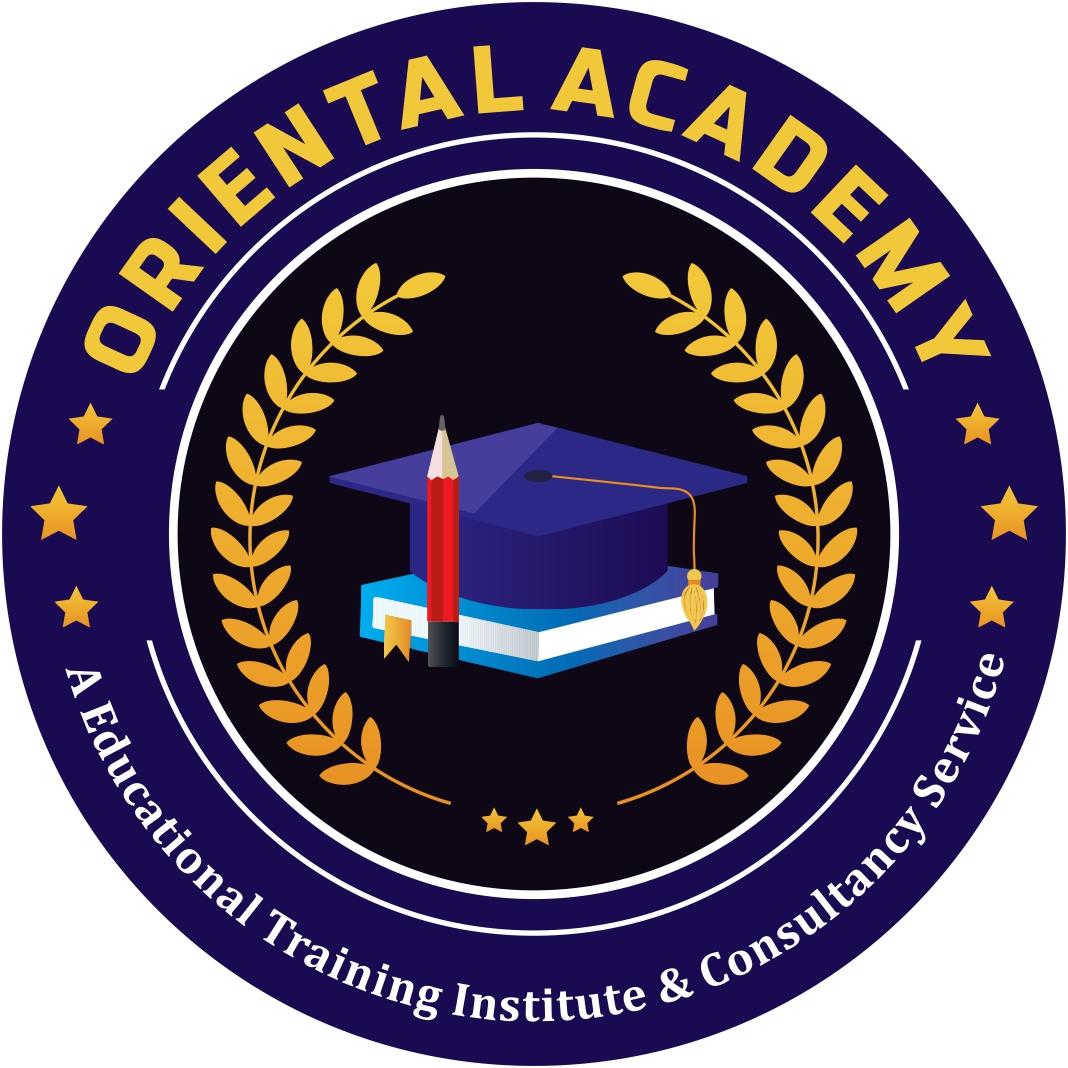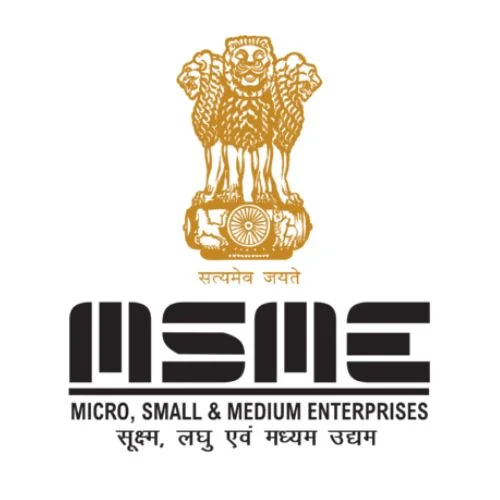Courses
Oriental AcademyBachelor of Medicine and Bachelor of Surgery(MBBS)
We make the kids who want to study the things that are the principles and also the fundamental parts of the plans of this organization the people who want to study the respective things are always welcomed and they are to be chosen for their respective studies to give the ensure the things.
Bachelor of Dental Surgery(BDS)
BDS course is an undergraduate degree program. Candidates who want to make a career in Dentistry can pursue a BDS course. The course duration is 5-year including a one-year mandatory internship. BDS is one of the most sought-after courses after MBBS. Due to rising dental issues, these professionals are in great demand in both private and government sectors. After finishing the BDS course, candidates can easily get jobs in Dental clinics, government hospitals, Pharmaceutical companies, etc. They can also start private practice after finishing a course in BDS.
Bachelor of Pharmacy(B. Pharma)
B Pharma’s full form is a Bachelor of Pharmacy, which is an undergraduate degree program. B Pharmacy or a bachelor of pharmacy course is the bachelor’s degree program and can be pursued after completing 10+2 in the Science stream. Students gain a comprehensive knowledge of pharmacy and healthcare, and the B Pharma course duration is four years.
Diploma in Pharmacy(D. Pharma)
D Pharmacy stands for Diploma in Pharmacy, which is a diploma course in the field of Pharmacy. D Pharma course duration is 2 years. D Pharmacy is a foundational program that covers various aspects of pharmaceutical science, preparing students to work as pharmacy technicians or assistants. D Pharmacy covers subjects like pharmaceutical Chemistry, Pharmacology, Pharmaceutics, Pharmacognosy, and Pharmacy practice. D Pharma forms the base for further studies in pharmacy, like B Pharma (Bachelor of Pharmacy) or higher studies. D Pharmacy equips students with the foundational knowledge and skills necessary to work in pharmacies, hospitals, or pharmaceutical companies.
General Nursing and Midwifery(GNM)
GNM full form is for General Nursing and Midwifery. GNM Nursing course is a diploma program in nursing, which focuses on providing basic nursing education and training to individuals aspiring to become registered nurses. GNM Nursing course typically includes theoretical coursework as well as practical training in various clinical settings, such as hospitals, clinics, and community health centers.
GNM admission is done based on entrance exams administered by state governments. There is no centralized examination for GNM.
GNM Nursing course includes six months of mandatory internship. GNM course is considered to be a stepping stone for a bright career in the nursing field. GNM Nursing course is not limited to a certain domain or expertise area. It prepares the students to aid patients on a larger scale as this course training comes under the category of paramedics. The GNM Nursing diploma course prepares future nurses to perform tasks such as assisting in research programs, delivering first aid, handling wound procedures, etc in a hospital setting.
GNM Nursing course admissions are primarily conducted based on state-wise entrance exams. The minimum qualifying criteria for GNM Admission is 10+2 with an aggregate score of 40% or above. However, it’s important to understand that GNM Nursing course eligibility criteria can vary from state to state.
GNM course fees range between INR 10,000 – 5,00,000. GNM Nursing Course Fees in Government Colleges generally range between INR 27,000 to INR 3.5 lakh. Whereas, GNM Nursing Course Fees in private colleges range between INR 1.5 lakh to INR 3.8 lakh. Government Medical College – Jammu, Parul University, NIMS Nursing College, and Datta Meghe Institute of Medical Sciences are a few of the top Colleges in India offering GNM Nursing courses.
Bachelor of Science(B.S.C)
BSc full form is Bachelor of Science. The BSc course duration is 3 years. BSc courses are UG courses that are designed to provide students with a foundational understanding of scientific principles, theories, and methodologies within their chosen field of specialization.
To get enrolled in BSc courses, candidates must make sure they have completed Class 12 in the Science stream with PCB/M (Physics, Chemistry, Biology/Mathematics) subjects. Usually, admission to BSc courses is majorly based on Class 12 scores, but, some colleges also offer BSc admission based on CUET, ICAR AIEEA, MHT CET, KCET, etc. scores. The popular colleges offering BSc courses are BHU, JMI, DU, JNU, VIT, etc. The average fees of BSc courses range between INR 20,000 and INR 2 Lakh.
BSc courses are the culmination of both theoretical and practical ways of learning. BSc courses typically focus on scientific disciplines such as Psychology, Biology, Chemistry, Physics, Mathematics, Computer Science, Nursing, and many others.
On graduating with BSc courses, candidates can opt for job profiles such as Scientist, Research Associate, Professor, Lab Chemist, Statistician, etc. The average salary that a BSc courses graduate can earn is up to INR 8 LPA.
Candidates can continue reading to know more about BSc course details.
Bachelor of Technology(B.Tech)
The full form of BTech is Bachelor of Technology (BTech). BTech is a highly sought-after undergraduate engineering degree, offering a gateway to diverse and rewarding career opportunities in the ever-evolving technological landscape. India produces more than 10 lakh engineering graduates every year and engineering education in India comprises around 2,500 engineering colleges and 1,300 polytechnic colleges. Moreover, BTech courses encompass a broad spectrum of engineering disciplines, ranging from traditional fields like BTech in Computer Science Engineering, Civil Engineering, and Mechanical Engineering to emerging domains like artificial intelligence and robotics.
For BTech admissions 2024, the most common BTech entrance examinations are JEE Main and JEE Advanced. Along with these national-level entrance examinations, there are many state and private-level entrance examinations that the students can attempt for admission to the course. The basic eligibility criteria for BTech is Class 12 with Physics, Chemistry, and Mathematics. However, there are additional criteria in every entrance exam and institute. Some of the institutes also conduct admission to their courses on a merit basis i.e. based on marks scored by candidates in their class 12 board exams. Top BTech colleges such as Indian Institutes of Technology (IITs) and National Institutes of Technology (NITs) are the pinnacle of engineering education in India, attracting the brightest minds with their rigorous academic programs and industry-aligned curricula.
Master of Technology(M.Tech)
MTech is a postgraduate degree program in the field of engineering and one of the most sought-after courses among students who have completed their B.Tech and BE courses. Master of Technology or MTech courses focus on advanced studies in multiple fields of engineering, technology, and related disciplines. It provides specialized knowledge, research skills, and expertise in the subjects of engineering and technology. M.Tech degree programs provide both theoretical and practical knowledge of science and technology. Students who want to pursue higher education after pursuing a BTech degree can opt for M.Tech degree programs. During two years, students are provided with exceptional knowledge of technologies.
IITs, NITs, and IIITs are well known for their MTech program, providing good quality education and excellent placements. While most M.Tech admissions are done based on the GATE exam, some institutes also conduct their entrance test or interview. In this article, we will discuss M Tech’s full form, qualification, M Tech subjects, syllabus, eligibility criteria, and admission process.
Bachelor/Masters in Computer Applications(BCA/MCA)
Bachelor in Computer Applications (BCA) is a popular course among students in India. The course graduates are currently in demand due to the rapid rise in the IT sector. Also, this BCA and MCA course provides ample job opportunities for young graduates. The admission procedure for this course is straightforward. However, students may need to meet institute-specific eligibility criteria for admissions.
- The candidates who want to get admission to one of the universities or colleges providing the integrated course, have to first apply through online or offline registration.
- The university may even ask the candidates to take part in an entrance test as a means to screen out candidates who do not have the needed academic aptitude. This also helps students who may have underperformed in their 12 standard examinations.
- Then the candidates who have passed the entrance exam are called for counseling sessions followed by GD+PI (Group Discussion and Personal Interview Sessions). Finally, the selected students will have to pay the fees to fix their seats in the college, or else their seats will be given to someone else.
- But that is the case in universities that conduct entrance examinations. Some colleges register the students based on their aggregate marks in the 10+2 standard and directly call them up for the GD+PI sessions. Therefore, it all depends on the discretion of the college or university.
Bachelor/Masters of Business Administration(BBA/MBA)
Integrated MBA or BBA MBA integrated course is a 5-year undergraduate + postgraduate management program offered by various colleges to pursue an MBA after class 12. It is aimed at teaching management skills from both undergraduate and postgraduate levels.
The eligibility criteria for a 5-Year MBA vary from college to college. Some colleges conduct entrance exams like IPMAT, conducted by IIM Rohtak for Integrated MBA admissions, while others select based on merit. The students must have passed the 10+2 examination from any stream to pursue an integrated MBA Course.
Integrated MBA ensures a prospering career in leading sectors such as Finance, HR, Consulting, Marketing, and Retail with an average salary of INR 5,00,000 – INR 17,00,000. Additionally, candidates can become a Sales Manager, Digital Marketer, Business Head, Management Consultant, Human Resource Manager, etc. after completing the BBA-MBA integrated course.
Doctor of Philosophy(PhD)
A PhD is a doctoral research degree and the highest level of academic qualification you can achieve. The degree normally takes between three and four years of full-time work towards a thesis offering an original contribution to your subject.
This page explains what a Ph.D. is, what it involves, and what you need to know if you’re considering applying for a Ph.D. research project or enrolling in a doctoral program.
The PhD can take on something of a mythic status. Are they only for geniuses? Do you have to discover something incredible? Does the qualification make you an academic? And are higher research degrees just for people who want to be academics?
Even the full title, ‘Doctor of Philosophy’, has a somewhat mysterious ring to it. Do you become a doctor? Yes, but not that kind of doctor. Do you have to study Philosophy? No (not unless you want to).
So, before going any further, let’s explain what the term ‘PhD’ actually means and what defines a doctorate.
Bachelor of Arts – Bachelor of Legislative Law(BA. LLB)
BA LLB full form is Bachelor of Arts – Bachelor of Legislative Law. It is an integrated law course, which includes the study of both law subjects and arts subjects like political science, economics, history, etc. BA LLB course duration is 5 years. After completing 12th from a recognized board, students can apply for BA LLB admission through law entrance exams such as CLAT, LSAT India, AILET, etc, or direct admissions. On average, the BA LLB course fees range between 1.5-7 lakhs.
BA LLB is a highly sought-after course among students seeking a career in the field of law. BA LLB syllabus includes topics like Constitutional Law, Business Law, Human Rights, Code of Civil Procedure, Political Science, and Economics, helping students to establish a rewarding career in the future. Post BA LLB, students can choose to pursue higher studies like LLM, LLD, or Ph.D.
The five-year BA LLB course is divided into 10 semesters, following a semester examination approach. The program focuses on both theoretical as well as practical concepts of law like moot courts, internships, projects, etc to give a proper understanding of Indian laws and their application in society. After course completion, students can register with the Bar Council of India and clear the All India Bar Examination (AIBE) to begin working in the legal sector. BA LLB jobs include advocate, Solicitor, Legal Advisor, etc.














